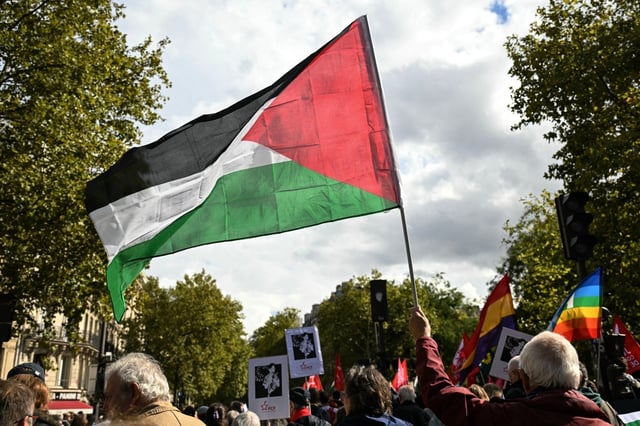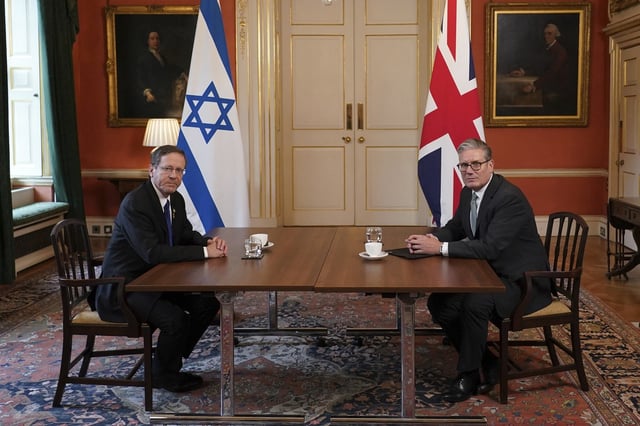Overview
- The U.K. and Canada became the first G7 members to extend recognition, joined by Australia in a coordinated step aligned with the opening of U.N. meetings in New York.
- Leaders Keir Starmer, Mark Carney and Anthony Albanese framed the move as preserving a two‑state horizon, with Canada citing Palestinian Authority commitments to elections, governance reforms and excluding Hamas.
- Israel’s Foreign Ministry rejected the recognitions as unilateral and destabilizing, and Prime Minister Benjamin Netanyahu labeled them a reward for terrorism and vowed to push back at the U.N. and announce responses after his return.
- President Donald Trump publicly opposed the U.K.’s decision during his state visit to London, highlighting differences with close allies.
- France is expected to join a coordinated announcement on Monday, with Emmanuel Macron conditioning steps like opening an embassy on the release of hostages, as experts warn real leverage would require tools such as sanctions or restrictions on military aid.



